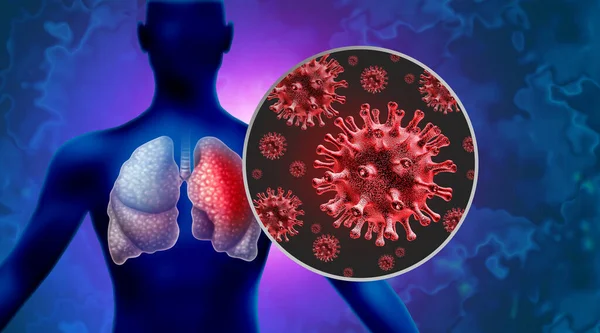Immunocompromised patients are not the main source of new COVID variants, according to a new study.
Early in the pandemic, concerns arose that immunocompromised patients experiencing prolonged COVID infections could be breeding grounds for new, dangerous variants. However, a new study published in Lancet Microbe offers reassuring news: prolonged infections are actually quite rare in this population.
The study, led by Dr. Adam Lauring of the University of Michigan, followed 150 immunocompromised patients with COVID across five US healthcare systems. They found that only 25% of these patients tested positive for the virus for 21 days or longer, and just 8% had live virus detected for that duration. Notably, the median time to a negative test was only nine days.
“Contrary to anecdotal reports, we found very few individuals with prolonged infections,” said Dr. Lauring.
Certain groups were more at risk than others. People living with AIDS and those with B-cell cancers were more likely to have prolonged infections, while patients with autoimmune diseases or non-B cell cancers were less likely. Additionally, patients receiving B-cell-targeting therapies like rituximab or CAR-T were more likely to have longer infections, highlighting the importance of antibodies in fighting off COVID.
Interestingly, the study found that mutations observed in the small subset of patients with prolonged infections rarely matched those circulating in the wider community. This suggests that the immune escape mechanisms at play in immunocompromised individuals might be different from those driving viral evolution in the general population.
Dr. Lauring concludes that while global immunity shifts due to vaccination and infection, focusing surveillance efforts solely on immunocompromised patients for new variants may not be necessary. Instead, the study’s findings can guide efforts to develop better therapies for this vulnerable population who are most at risk for prolonged COVID infections.
Key takeaways
- Most immunocompromised patients clear COVID infections quickly.
- Specific groups like AIDS patients and B-cell cancer patients have a higher risk of prolonged infections.
- B-cell-targeting therapies can contribute to longer infections.
- Mutations in prolonged infections rarely match circulating variants.
- Focus on developing better therapies for high-risk patients instead of intensive variant surveillance.
What are the most common sources of new covid variants?
The most common sources of new COVID variants are the result of the virus’s ability to constantly change through mutation. These mutations can lead to the emergence of new variants of the virus. For example, the Omicron variant, which emerged in November 2021, has many lineages, and new lineages continue to emerge and spread in the United States and globally.
Additionally, variants such as HV.1 and JN.1 are examples of new COVID-19 variants that have emerged and gained dominance in the United States.
The development of new variants is an expected part of the evolution of viruses, including SARS-CoV-2, the virus that causes COVID-19.
Current vaccination recommendations for covid variants
The current vaccination recommendations for COVID variants include the use of updated COVID-19 vaccines that target the most recent variants. These updated vaccines are designed to provide protection against severe illness, hospitalization, and death from COVID-19. The Advisory Committee on Immunization Practices (ACIP) has recommended vaccination with updated COVID-19 vaccines, including a monovalent XBB.1.5 component, which is meant to broaden vaccine-induced immunity and provide protection against the most recent variants.
The World Health Organization (WHO) also advises that people should take whatever vaccine is made available to them, even if they have already had COVID-19. Hybrid immunity (the protection one receives from vaccination and COVID-19 infection) is beneficial, and many COVID-19 manufacturers have developed or are in the process of developing monovalent XBB.1.5 vaccines.
ALSO READ: Warmth from caregivers in childhood can protect heart health later in life









